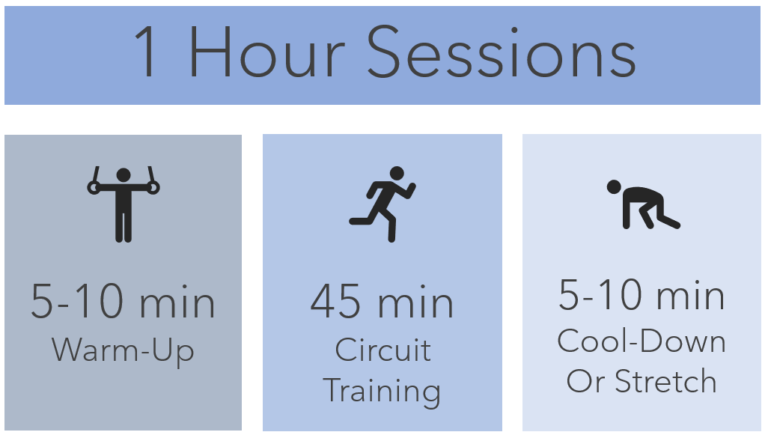Can exercise improve attention, memory, and learning for persons who have recently experienced psychosis?

Persons with mental health challenges, such as psychosis, often experience difficulties with cognition including attention, memory, and learning. Cognition has not generally improved with medications or therapy, which suggests the need for novel strategies to improve these aspects of functioning.
There has been some research in the general population and among persons with schizophrenia illustrating that exercise can be helpful to improve cognition; however, there have been few studies exploring whether this would help young people who have recently experienced psychosis. The present study examined whether a 12-week circuit-training program would affect cognitive functioning in a group of young adults who had recently experienced psychosis.
How was this study conducted?
This study enrolled 91 young people (average age = 30 years) who had recently experienced psychosis in a 12-week supervised exercise program for 1 hour each week.

Circuit training involved different types of resistance and aerobic exercises that were done for 45 seconds at a time followed by a short rest. All sessions were supervised and done at an intensity appropriate for the participant’s fitness level. Participants completed the Cogstate Brief Battery (CBB), which is a measure of different aspects of cognition including processing speed, attention, visual learning, and working memory. The CBB was completed before the program started and once the program ended.
What were the main findings?
The main finding was that participants experienced improvements in their cognition after completing the exercise program. Specifically, participants showed improvements in processing speed (i.e., how quickly someone can complete a mental task), visual learning, and visual attention. Further, exercise appeared to improve more types of cognition among females as compared to males.
What new information does this study tell us?
This study showed that just 12 weeks of exercise can improve important aspects of cognition in young people who have recently experienced psychosis.
How can we use this study to help facilitate recovery?
- Clinicians working with individuals who have recently experienced psychosis should discuss the cognitive benefits associated with increasing exercise.
- Individuals with mental health challenges and family members of individuals with mental health challenges might look for ways to increase exercise to improve both health and cognition.
- Researchers should consider examining the effects of exercise on cognitive functioning compared to usual treatment and include a follow-up period to understand how long the benefits persist.
Hallgren, M., Skott, M., Ekblom, Ö., Firth, J., Schembri, A., & Forsell, Y. (2019). Exercise effects on cognitive functioning in young adults with first-episode psychosis: FitForLife. Psychological Medicine, 49(3), 431-439.